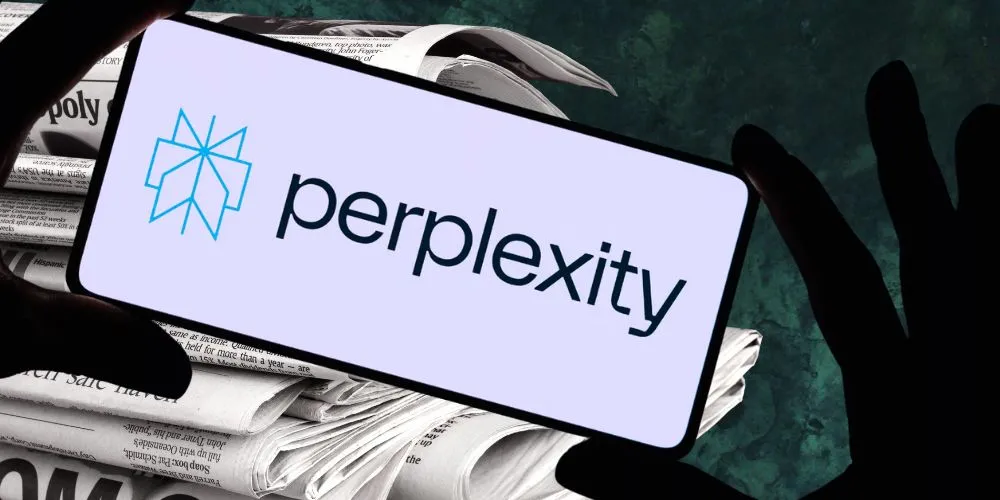Key Points
- New York Times issued a “cease and desist” notice to Perplexity, demanding the startup stop using its content without authorization.
- The NYT claims Perplexity’s use of its content to generate summaries and other outputs violates copyright law.
- Perplexity previously assured the NYT it would stop using web crawling technology, but the publisher remains concerned.
- Media firms like The Atlantic and Vox Media have signed content-licensing agreements with OpenAI to allow controlled use of their content.
The New York Times has issued a “cease and desist” notice to generative AI startup Perplexity, demanding the company stop using its content without permission. According to a report from the Wall Street Journal on Tuesday, the NYT claims that Perplexity’s use of its content, including the generating summaries and other outputs, violates the publisher’s rights under copyright law.
The growing use of AI chatbots, which can scan the internet to collect information and produce summaries for users, has raised concerns among media companies about the unauthorized use of their material. The introduction of ChatGPT, in particular, has prompted many publishers to take action against AI systems’ misuse of their content.
One of the latest targets of these concerns is Perplexity, a company specializing in generative AI. Neither Perplexity nor the New York Times responded immediately to requests for comments.
This isn’t the first legal challenge the New York Times has mounted over AI-related copyright issues. The newspaper is currently in a dispute with OpenAI, which it sued in 2023. In that case, the NYT accused OpenAI of using millions of its articles without proper consent to train its popular AI tool, ChatGPT. Other media companies, including The Atlantic and Vox Media, have responded to similar concerns by signing content-licensing agreements with OpenAI, allowing controlled access to their content for AI training purposes.
According to the WSJ, the New York Times also asked Perplexity to clarify how it is accessing its website’s content despite the NYT’s blocking efforts. The report stated that Perplexity had previously assured the news organization that it would stop using web crawling technology, which allows AI systems to scrape data from websites. However, the publisher is not convinced that these promises have been upheld.
Earlier in 2024, multiple AI companies were bypassing web standards designed to prevent the scraping of data for use in AI training. Perplexity has faced accusations from other media outlets, including Forbes and Wired, of plagiarizing content. In response to these concerns, the startup has since launched a revenue-sharing program to compensate publishers whose content is being utilized by its AI systems.




